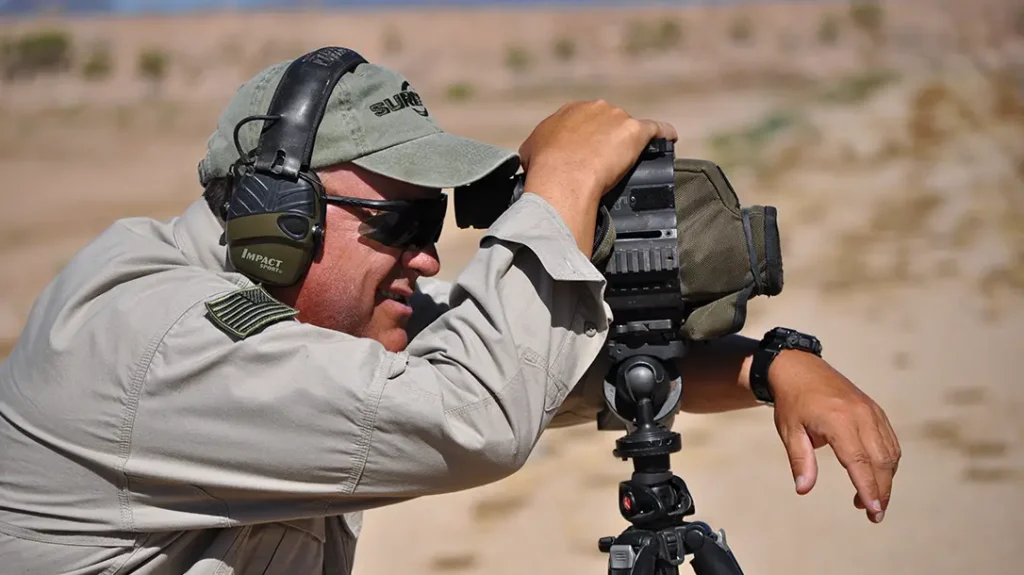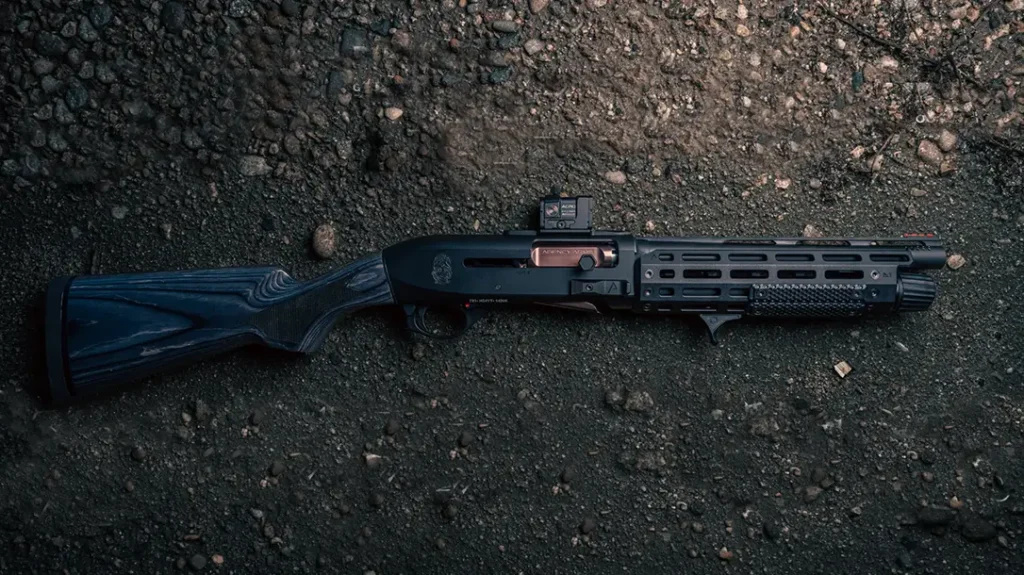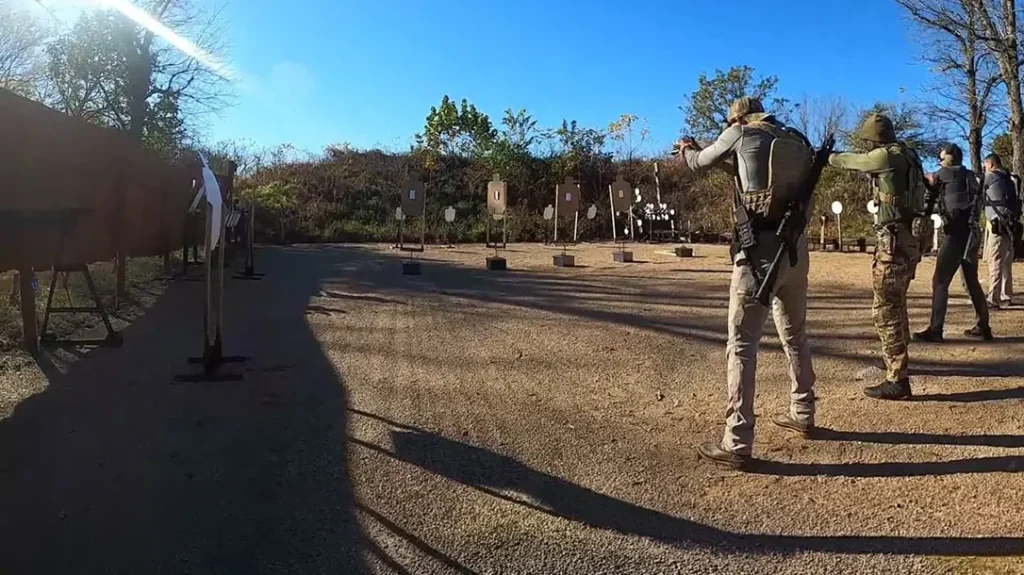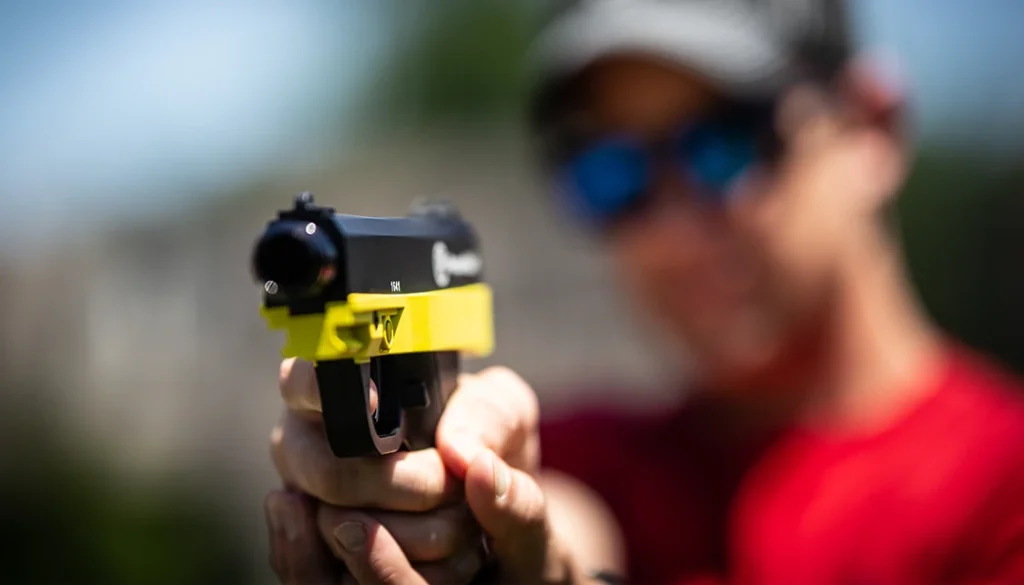The following is a release from Airman 1st Class David Bernal Del Agua and the U.S. Air Force:
MCCONNELL AIR FORCE BASE, Kan. (AFNS) — The largest winter storm this year struck early on the morning of Feb. 28, and without the quick thinking of Airmen here, the substantial amount of snow and ice it brought could have cost a life.
The morning began like any other winter morning; cold, dark, bleak and snowy. A melting snow and slush mixture covered the streets causing perilous driving conditions.
Advertisement — Continue Reading Below
Suddenly, a vehicle swerved across traffic and crashed into a fence parallel to a major road next to base.
Airman 1st Class Naxiel Nunez, a 22nd Medical Support Squadron outpatient records technician, and Airman 1st Class James Escobar, a 22nd Comptroller Squadron financial management technician, drove by the scene soon after the crash. They stopped and went to check out the wrecked car entangled in the twisted fence.
“When we turned on the road we saw that there was a crashed car,” Nunez said. “I started driving slowly to see if anyone was in the car. I stopped the car when I saw someone and (Escobar) called security forces to let them know.”
Advertisement — Continue Reading Below
The man inside the car was going in and out of consciousness. With the help of a civilian who had witnessed the accident, the Airmen offered assistance.
“The civilian said the man stopped breathing while he was checking his vital signs,” Nunez said. “That’s when we decided we had to take him out of the car and start chest compressions.”
Security forces arrived shortly after Nunez began chest compressions on the unconscious man, then they took over.
Advertisement — Continue Reading Below
“I felt relieved when security forces arrived because they probably have had more real-life experience than me,” Escobar said. “They took over, and that’s when we had a chance to take a step back and see what was happening around us. It was a surreal experience.”
Staff Sgt. Jared Andreasen, a 22nd Security Forces Squadron base defense operation center controller, continued the chest compression.
“I saw the man getting pulled out of the car and at that point I knew it was really bad,” Andreasen said. “It was a humbling experience, just knowing that I was able to help him out so he could be here today.”
Advertisement — Continue Reading Below
Soon after, the 22nd Civil Engineer Squadron Fire and Emergency Services Flight firefighters arrived on scene and relieved Andreasen by using a bag valve mask.
“The call said a man wasn’t breathing, then we arrived on scene and started treating him,” said Richard Barnett, the 22nd CES rescue crew chief and one of four firefighters to perform chest compressions. “(Staff sergeant) Betts hooked up the oxygen, I started chest compressions and (Staff sergeant) Turner started breathing for him with the BVM.”
In the aftermath, it was discovered that the victim had suffered a heart attack while driving. Thanks to the Airmen’s quick leap into action, he was saved and transported to a hospital for further treatment after the firefighters performed a “field save.”
Advertisement — Continue Reading Below
A field save means they brought back the victim’s pulse and breathing before the emergency room staff at the local hospital could take over.
Airmen at McConnell train annually on self-aid and buddy care, CPR and other life-saving skills.
“Every Airman can make a difference whether at home or deployed. When this incident occurred our Airmen did not hesitate to act,” said Col. Jamie Dermer, the 22nd Air Refueling Wing vice commander. “They recalled their training, relied on their teammates and ultimately saved this man’s life. We couldn’t be prouder of our Airmen and the difference they made.”
Advertisement — Continue Reading Below
























